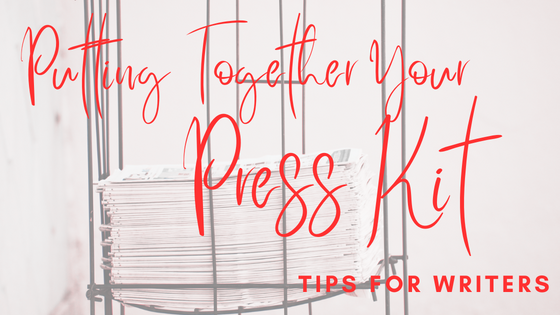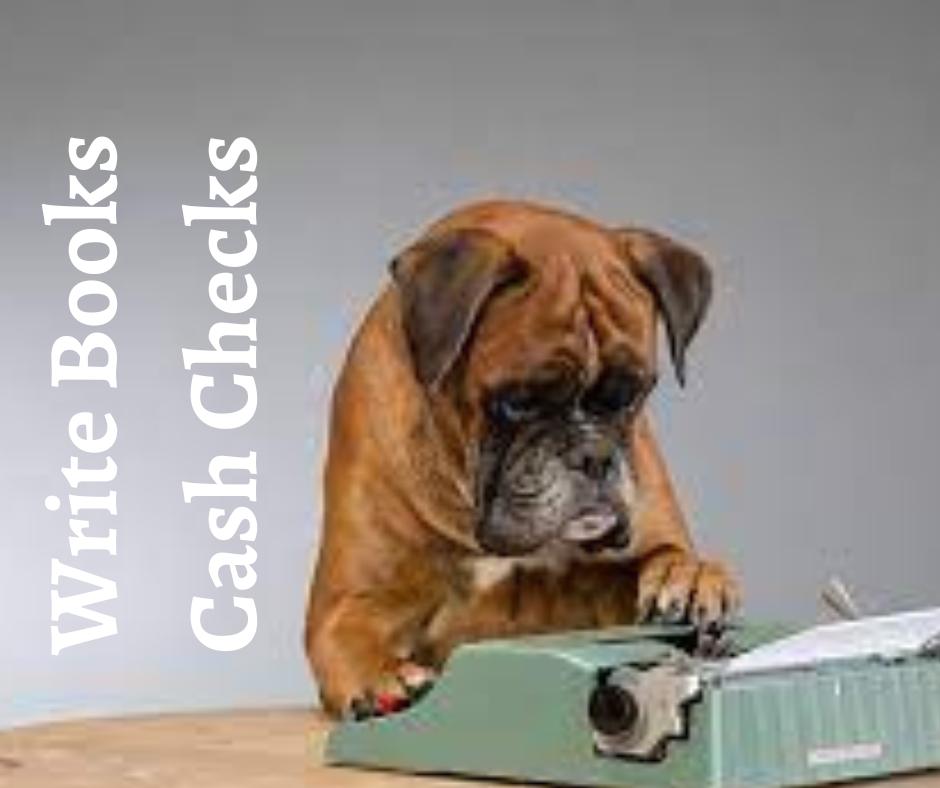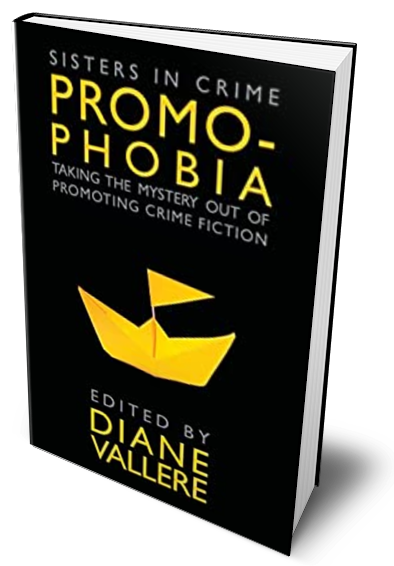Putting Together Your Press Kit
/If you’re a writer, you need to put together a package of information about you and your writing, and this needs to be updated as you add new books. The easiest way is to build a file (Word document), so that you have the information handy. It also helps to create a Press Kit page on your website. That way, the media, reviewers, and those looking to book you for an event can find your photos, contact information, book information, and biography.
Here’s what you should include:
Your headshot. This should be a professional photograph. Make sure to credit the photographer. Most press kits have several headshots in different poses or sizes.
Your biography. Many authors will create several in different lengths. If you provide long, medium, and short, then the user doesn’t have to edit it to fit.
How to contact you, your agent, or publicist.
Book covers and brief summary. It should be clear which is the most recent book. If you write more than one series, I would create separate groupings.
Your social media links
I have a Word document for each book. In it, I keep the following, so it’s all in one spot in case I need to provide it for an interview or event request.
ISBNs (the 10-digit and 13-digit versions)
The month/year published
Buy links from a variety of different book sellers
A list of reviews/recommendations
A short summary of the book and the series and the back cover copy
All of my social media links (not all are on my website)
If I’m doing a guest blog or blog tour, it’s easy to copy what I need. I don’t have to prepare it each time.
The key is to be organized and make sure that your information is current.












